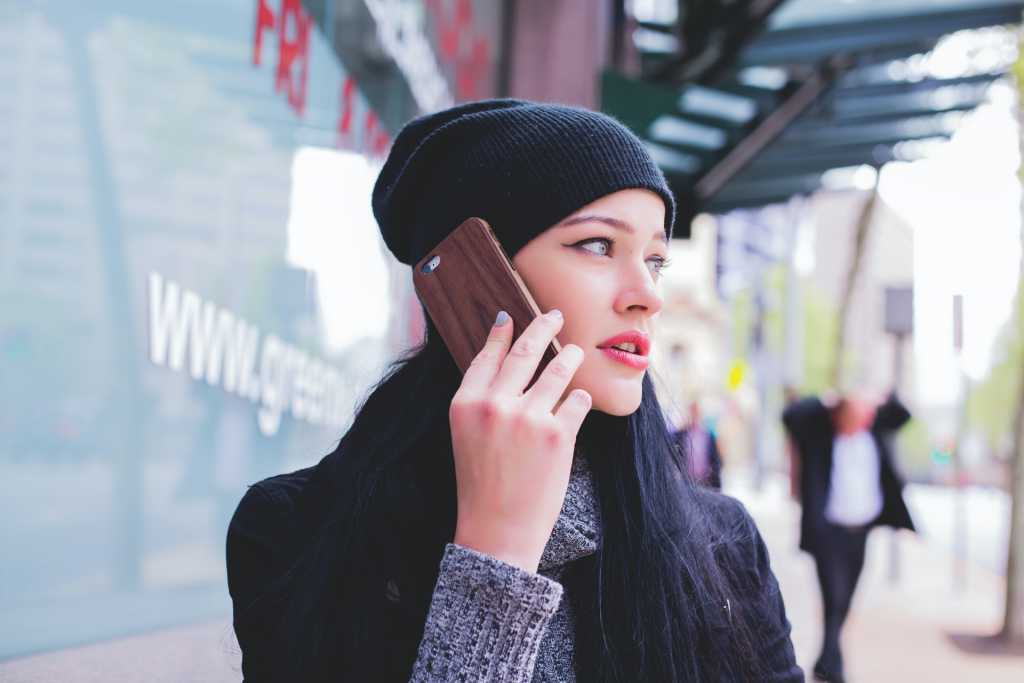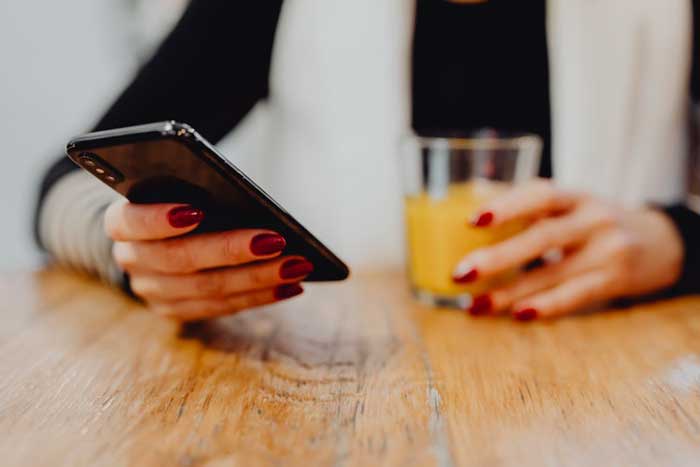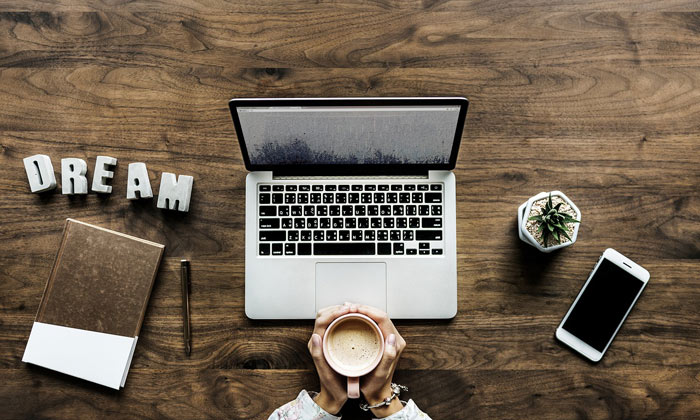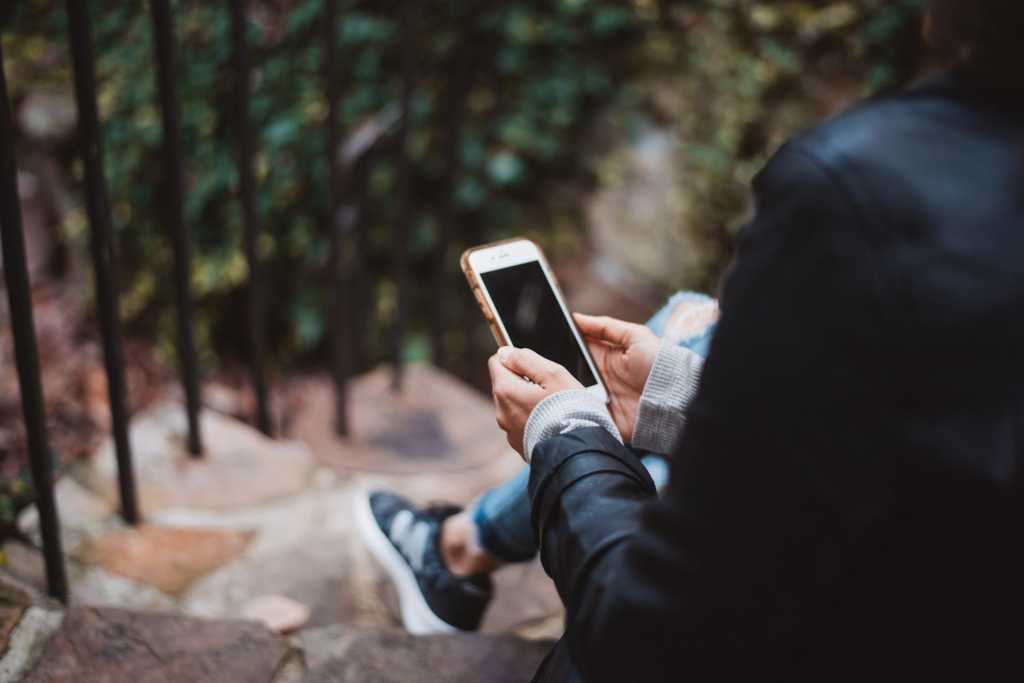Today, our whole life is connected with gadgets. Work, study, communication, entertainment – we hardly need to make an effort anymore, since all of this is always at hand. On the one hand, such an open and accessible world is great, and it gives us a lot of opportunities. On the other hand, it gives us a lot of frustration as well. How can social networks harm and what to do? Let’s have a look at the most common dangers of social media.
Cheap pleasure
Why is it so difficult for us to let go of a smartphone? There is a completely scientific explanation for this. Watching videos on YouTube or TikTok, scrolling endlessly your Instagram feed or chatting with acquaintances and unfamiliar people in instant messengers contribute to the production of so-called cheap dopamine, which, in turn, brings us pleasure.
It is called cheap because we get it from the simplest pleasures, performing primitive, if not stupefying actions. Thus, we accustom the brain to what can be pleasant, even if we do not try hard for it. As a result, it stops trying.
You no longer want to make an effort to please yourself, you don’t even want to watch a long film. Why should you, if you can get the same effect watching videos on TikTok?
There are studies that indicate that the dopamine level becomes 50-100% higher than normal in this case! Therefore, social networks may well be addictive and require each time to increase the “dose” – to surf the Internet for long hours rather than for minutes.
False popularity
Likes and comments play a cruel joke with us – we are riding a wave of popularity, bad and good comments left by friends, and even better – by strangers. Scientists at Harvard University have found that disclosing information about oneself on the Internet activates the part of the brain that is associated with pleasure – the same as, for example, eating your favorite food. In addition, an active presence on social media creates a sense of false social activity.
It seems to us that we are insanely interesting, that we have many friends, although in fact there is a crowd of unknown subscribers behind this. Many bloggers have repeatedly admitted that their addiction to likes and social approval drove them to nervous breakdowns. It is quite difficult to refuse such pleasure – everyone wants to get their minute of glory.

Anxiety and Fear of Missing Out
This is followed by a whole bunch of syndromes and disorders. They may not have appeared with the advent of social networks in our lives, but have certainly worsened. For example, the uncontrolled flow of information about the lives of other people (most often very interesting), about events happening around the world, about other people’s achievements and news leads to the fact that we have a loss of profit syndrome.
We are worried that we do not have time to have fun, earn money, study, participate in competitions, and live a complete life. It seems that someone’s life is richer, they do more, they are more successful and they have more opportunities.
It is more difficult for users of social networks to relax and do nothing, it is more difficult to afford not to chase all the events and news that are happening. The consequence of the loss of profit syndrome is not just a bad mood, it can often lead to increased levels of stress and depression.
Depression
A study by scientists from the University of Pittsburgh Medical School showed that the more social networks a person uses, the more likely he will feel anxiety, and his risk of depression increases, and Instagram is most associated with this feeling.
Another study by Canadian psychologists found that people with low self-esteem and signs of narcissism used Facebook more often than others. People with a mobile psyche are easily influenced by the content that they come across on the Internet. This can be disturbing news, calls to change your life, success stories of other people that make you compare your own achievements with others and underestimate them.
Dysmorphophobia
Another problem, exacerbated by social networks, which are filled with pictures of Instagram bloggers, actresses and models with perfect looks, almost always retouched. These pictures generate unrealistic beauty standards, forcing us to compare our nose/lips/waist with what we see on Instagram, and worry about it.

Popular filters and masks, which make the skin perfect, the nose small and the lips plump, do not help either, which is why some netizens cease to adequately perceive their appearance.
Plastic surgeons say that social networks provoke an increase in the number of surgeries, and patients often have a specific request to look like Instagram bloggers or, even worse, like masks on Instagram.
Violation of the daily routines
While eating, you look at your phone. When you are relaxing, you look at your phone. Before going to bed and after waking up, you look at your phone. When you study or work, you are distracted by your phone. It interferes with our concentration, interferes with sleep and nutrition.
Watching videos on Instagram, we do not notice how quickly time passes. Instead, it could be spent with greater benefit or with greater pleasure. There is generally a recommendation to eat without looking at any screen. This can reduce the risk of overeating.
Not understanding your own desires
Social media marketing is the most powerful sales tool. Bloggers aren’t just selling you products and services, they are selling you whole ideas and lifestyles. Anyone, but not a consumer, benefit from this.
When information rolls on you like an avalanche, when you are shown different lifestyles, you compare them with your own life and grieve, you also cease to understand where your true desires and goals end and the imposed ones begin. It’s so easy to lose yourself.
What to do with all this? You will have to work hard not to fall into this trap.
Limit your screen time
The most obvious way is to shorten the time you spend with your gadget. To begin with, you can put a blocker that will shut down social networks for a certain time, for example, while you are working. This will help you at least not be distracted and be more productive.
Don’t rest on the internet
Social media is not synonymous with relaxation. Yes, you can spend some time there, but do not seek to spend all your free hours on social networks. Instead, find something that gives you the same pleasure.
If you can’t remember it at once, make a list: walking, eating, books, etc. Many people surf social media out of boredom, so if you fill your life with variety and pleasure, the need to surf the Internet will decrease.
Arrange detox days

Reducing your screen time by an hour is a good achievement, but it’s even more wonderful if you set yourself some digital detox rules. For example, you don’t use Instagram on weekends and during school hours.
It will be difficult to get out of the habit, but the longer you try to take breaks, the more effective they will be.
Hide likes, notifications, and comments
Chasing comments and approval on social media makes us anxious. We need likes and views that fuel our self-esteem. Try to turn off notifications, which make you just grab your phone at any time; disable likes, which help you assess your importance. Fortunately, such a function has already appeared on Instagram.
Communicate
Communicate more in reality. On social networks, we are often looking for communication that we may be missing. The paradox is that we avoid real communication. Try to do the opposite.
Talk to your parents, meet with friends, arrange dinner, invite someone you have wanted to call for coffee for a long time. If your life is filled with interesting communication, you will actually close your need for socialization.
Remind yourself that this is not real
The figures of beauties, wealth, carefree freelancing, endless travel – there is a catch in everything on social networks, and other people who seem successful to you experience the same depression and anxiety that you do.
Don’t get hooked and remind yourself as often as possible that what you see is beautiful, of course, but rarely makes sense.












